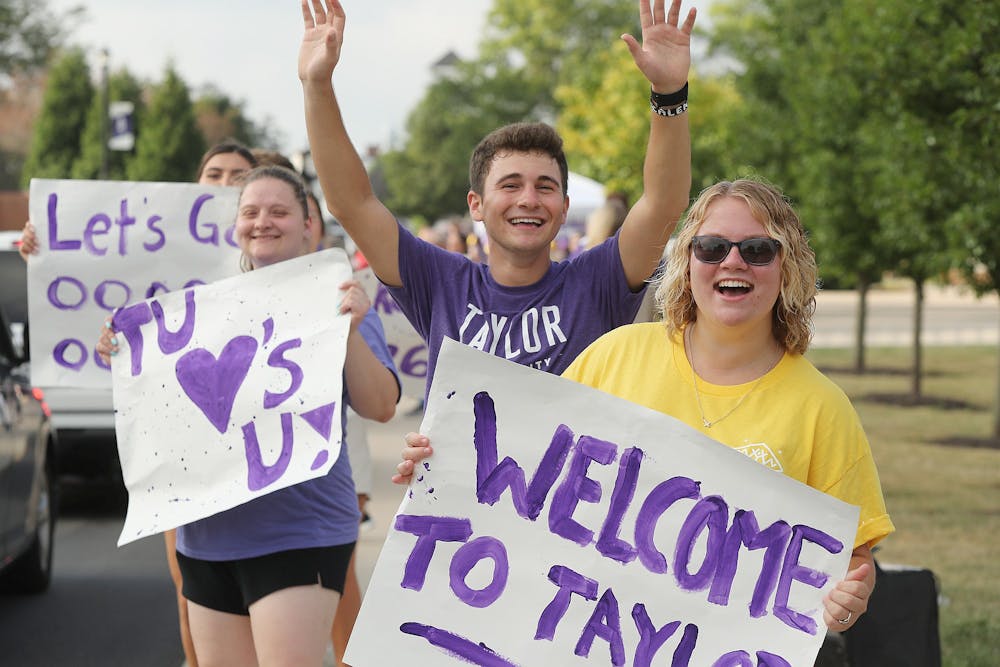Taylor University’s current 92% retention rate serves as a benchmark for students' experiences at Taylor. Rivaling the retention rates of prestigious schools, Taylor’s faculty continues to work to maintain that number before the freeze date in mid-September.
The retention rate demonstrates the percentage of students who stay enrolled after their first year in school. Although it is not yet finalized, the respective statistic for the freshman class of 2021 highlights many different things.
Lance Vanderberg, assistant director of the Academic Enrichment Center and coordinator of academic success, said that Taylor’s tentative retention rate is used to signify quality institutions. It shows that students want to and are able to stay in the university.
“For Taylor, retention is not just a number,” Vanderberg said. “Retention is showing our efforts to care for students and to develop a culture at Taylor where faculty are helping students persist and (are) interested in their success.”
Taylor’s intentional environment and culture attracts motivated students and encourages current students to stay.
Chief Financial Officer Stephen Olson says that a combination of many components contributes to that. Factors like the school’s counseling center, student employment advancements, increased scholarships and an emphasized culture of student involvement are some of the methods the university has recently utilized to increase and preserve its retention rates.
Vice President of Enrollment and Marketing Holly Whitby also attributes Taylor’s retention success to its academic rigor, spiritual formation and magnetic community.
“Taylor, in general, recruits a very strong student,” Whitby said. “But I think academically, ethically, spiritually and socially I think we recruit very well-rounded students.”
However, rates can be negatively impacted by alternative factors.
“In a student's ability to retain, we've seen that finances is often the number one reason for students’ withdrawal,” Olson said.
If a school is able to retain better, it leads to more students, and consequently, a financial addition for the institution. If a student is unable to continue attending school for financial reasons, that not only impacts their own education, but the school’s ability to support other students.
Olson said that mental health concerns have also been rising in the list of reasons students withdraw. Taylor’s counseling offices have been a major tool to combat that. However, due to Taylor’s rural location, Olson said that it can be a struggle to find an adequate amount of professionals to fill the role and hours required.
Other common reasons for student withdrawal include other opportunities. Institutional fit is important. If the university does not offer a specific major, a student may leave. Other times a student who withdraws will enroll in a different school that provides alternative opportunities Taylor does not offer.
Overall, however, Vanderberg contributes most of the school’s success to Taylor’s ability to maintain who they are, specifically as a faith-based institution. The intentional nature of the staff and faculty creates a special sort of environment.
“When you think through a strong group of students, and faculty who care for them, and who are involved in a culture and spirit of retention, that math is going to give you good results,” Vanderberg said.





